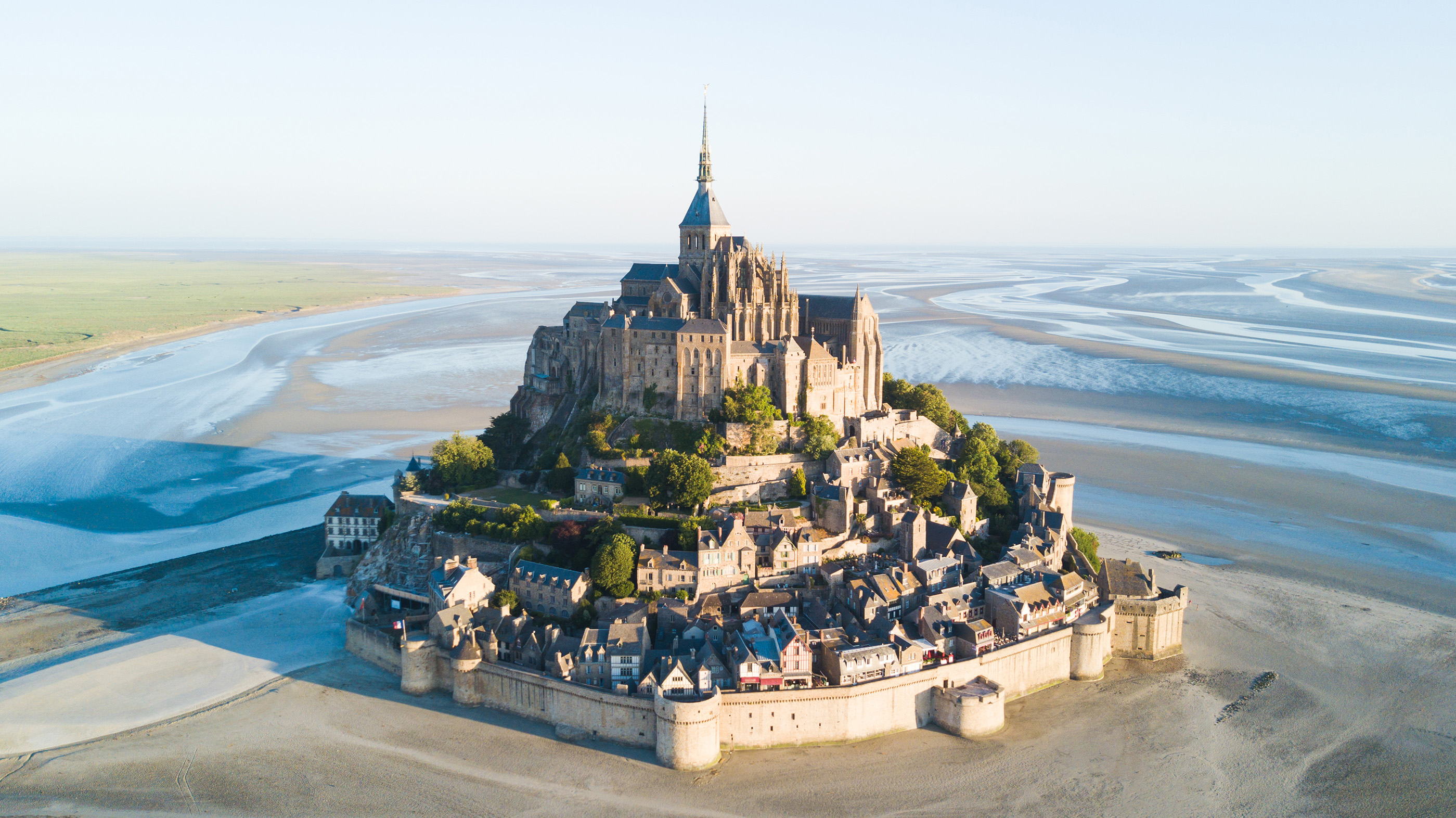
You were a fan of all things medieval and early modern way before Game of Thrones hit our screens? Now you want to turn your passion into a career? Then look no further.
In the Bachelor of Arts major Medieval and Early Modern Studies, you can explore a great range of topics. Pick and mix from the topics below.
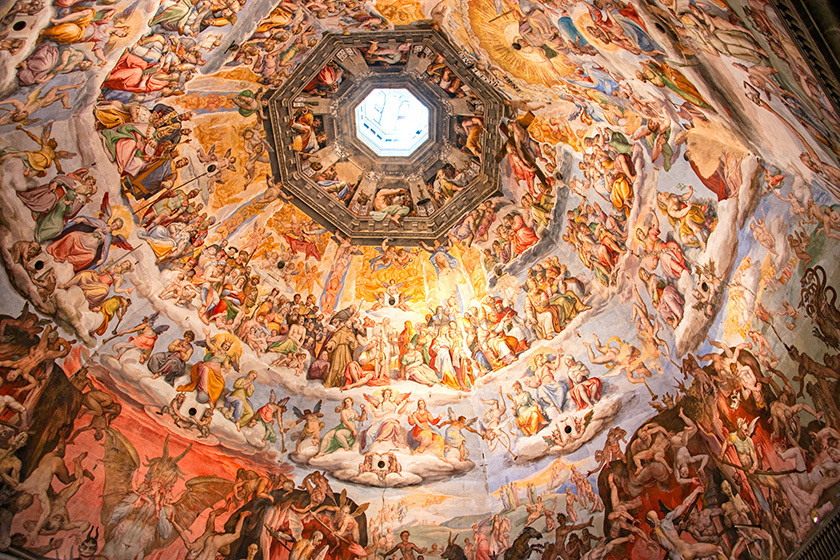
Medieval and Early Modern Studies topics to choose from in 2023
HIST1704 History’s Killing Fields: From Medieval to Modern
If you are interested in understanding why states and people commit mass atrocities and war crimes, come and join Professor Andrekos Varnava and his team to explore examples from Medieval, Early Modern and Modern times.
The topic will define and distinguish between various forms of mass violence, especially ethnic cleansing and genocide. Along the journey, you will learn about how discrimination against groups and political power can often be a very deadly mix.
HIST2020 – Colonies, Empire and Revolution: North America, 1500–1800
This topic examines the history of the British North American colonies from their establishment to the American Revolution and its immediate aftermath. The topic will explore various central themes:
- the importance of the American colonies within the British Empire and the broader European imperial project
- the creation of the Atlantic World that had major political, social, economic and intellectual consequences for the modern world
- the experiences of migrants to the Americas and the worlds they made
- the encounters and conflicts between indigenous Americans and the newcomers
- the development of Atlantic slavery and the experiences of slaves in the colonies
- and the story of the growth of colonial independence and the consequent American Revolution and its impact.
This topic will give students a good understanding of the history of the American colonies and the importance of their story in the making of the modern United States and the modern world.
HIST2075 – The Real Games of Thrones – The Early Modern World, 1453–1789
Between 1453 and 1789, the Early Modern World was engulfed in a series of dramatic changes. From the rise and fall of kingdoms, dynasties and empires, to the devastating effects of diseases and wars, the world seemed to move at a faster pace.
This topic surveys radical changes and rivalries in the Early Modern World from the late Middle Ages to the end of the Ancient Regime, starting with the fall of Constantinople in 1453 and ending with the French Revolution.
Students are introduced to major historical themes such as the Age of Discovery, the Scientific Revolution, the Renaissance, the Reformation and the Enlightenment, while travelling to the Ottoman Empire, Persia, the UK, France, the Holy Roman Empire, Russia and the Mughal Empire.
Your lecturers will tackle themes and places through a wide range of historical approaches, from military to political, social, economic, environmental, cultural and art history.
HIST3011 – Heresy and Inquisition in the Middle Ages
The medieval period is often stereotyped as an ‘Age of Faith’, a time when power-hungry religious institutions imposed their beliefs and practices on an uneducated and unquestioning populace.
But what did medieval people really believe? Could they adopt different ways of thinking that contradicted, challenged, and rejected orthodox beliefs and practices? What were the risks of doing so—and why could this even lead to death?
In this topic, students will explore the history of heresy in the Middle Ages and investigate how medieval religious authorities attempted to reform or eradicate those whose beliefs departed from the mainstream.
Although much of the topic will focus on the emergence and violent persecution of heretical movements in the Latin West, especially by the Inquisition, students will also learn about heresy in the context of medieval Judaism and Islam, religions which were no less determined to stamp out unorthodoxy.
Considering Christian, Jewish, and Muslim approaches to heresy together will provide students with insights into medieval philosophical ideas, perspectives, and texts from across the three main Abrahamic religions.
By engaging with a wide range of primary sources and secondary scholarship, students will learn about diverse cultural perspectives and the complex historiographical debates surrounding the definition, existence, evolution, and repression of medieval heresies.
ARCH2214 – Europe before Europe: From Mesolithic to Medieval
This topic gives an overview of European prehistory and early history (c. 9000 BP – AD 1000) to introduce the main periods (chronology), transitions, themes (migration, diffusion, replacement, etc.), and technological and cognitive advances.
The topic is interdisciplinary and combines the study of physical remains and material culture with literary and linguistic evidence and will give students the context to study the European / Mediterranean world in a way that will allow them to pursue further research in the area, but also help frame the 1000 years that follow, including the colonisation of Australia (and the rest of the world) by Europeans.
ENGL1101 – The Art of Storytelling
This is our entry-level English topic that introduces students to some of the significant ways that stories have been created and shared over hundreds of years of literature. We will introduce you to a selection of literary genres and styles and in doing so, explore some core literary concepts such as close reading, critical analysis, and source criticism.
We will also consider the cultural contexts from which different stories emerge and consider how this impacts storytelling practice. In particular, we will study writing as the most important in a series of information technology revolutions leading up to those taking place today and consider how each of these revolutions, especially those involving new media, has affected literature.
We will develop your skills in reading different types of literature, as well as your knowledge and skills in literary and critical analysis, writing, and research. This topic locates literature and storytelling in the contemporary world and explores its ongoing relevance to our everyday lives. Students will be encouraged to produce critical and creative writing in this topic.
ENGL3115 Medieval and Renaissance Women’s Literature and Lives
This topic will introduce students to medieval and early modern literature by, and about, women, as a way of exploring their lives and ideas.
Despite popular preconceptions, pre-modern women composed a vast array of literature across a range of genres, including poetry, drama, autobiography, political treatises, philosophical works, and devotional literature.
Similarly, pre-modern depictions of women are varied and extraordinary, from women in wars religious and feudal, like Judith and Brynhildr, to women in love across the spectrum of sexuality, like the narrators of ‘Wulf and Eadwacer’ and ‘Sappho to Philaenis’.
Students completing this topic will develop an appreciation for the rich and surprising lives and literature of medieval and early modern women.
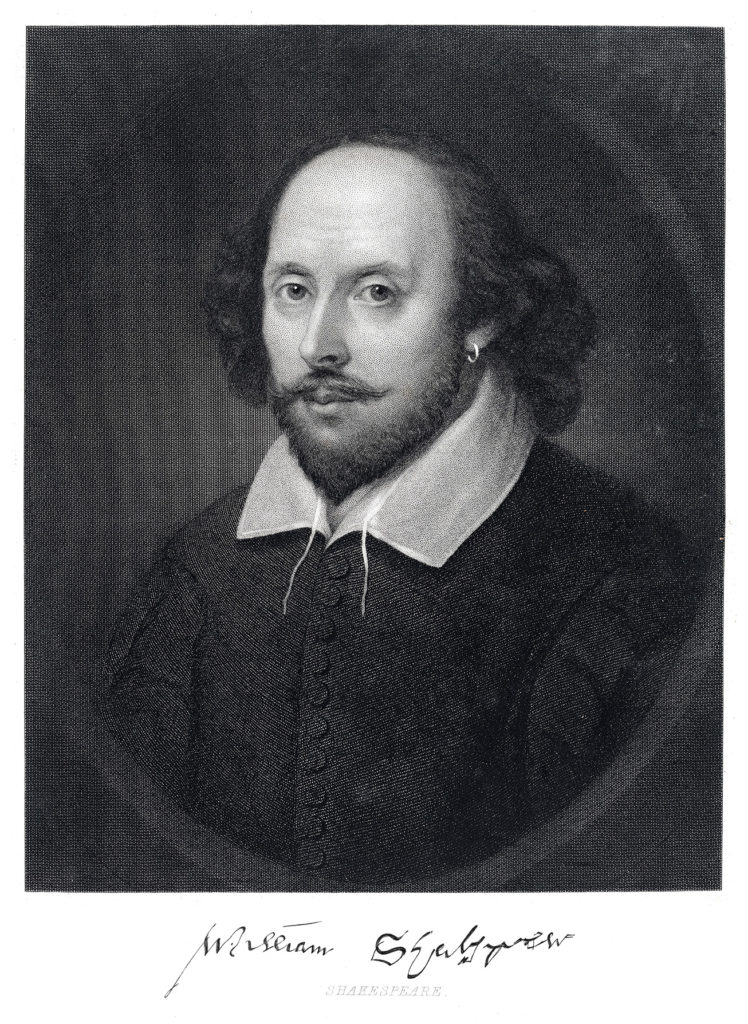
Additional Medieval and Early Modern Studies topics offered in 2024
ENGL2120 – Shakespeare
This topic will focus on the plays of William Shakespeare both as a window onto the richness of Renaissance culture and as works of current timeliness. Students will be encouraged to imagine the plays both in their historical context and in the context of their own lives and concerns.
We will study plays from all the major genres (comedy, history, tragedy, and romance), and explore the ways character, spectacle, poetry, and genre shape the experience of Shakespearean drama.
Special attention will be paid to the ‘hot’ issues in recent debates about Shakespeare, and students will have the opportunity to become acquainted with some of the scholarship surrounding this most famous of English writers.
ENGL2140 English Literature: Evolutions and Revolutions
The topic will give students a firm grasp of the story of English literature, providing a crucial background for the study of literature in English and for students’ wider cultural literacy.
This story will be told through some of the most famous poems in the English language, which will be read alongside historical and cultural contexts from the major periods of literary history.
Evolutions in poetic subject, form and style over the centuries will be mapped alongside major historical and cultural developments, allowing students an opportunity to develop an understanding of the connections between the two.
As a central topic in the English major, it will thereby focus on two core elements of literary interpretation: close reading and the ability to historicise texts.
ENGL2146 – Gothic: Terror, Horror and the Supernatural
This topic will explore one of the most persistent and pervasive traditions in English literature – the Gothic tradition.
From its eighteenth-century origins to its modern mutations, the topic aims to show how Gothic fiction adapts to prevailing historical and socio-cultural conditions to expose and exploit our greatest fears.
It will consider a range of familiar tropes-such as haunted houses, sites of ruin, ghosts, monsters, sexual predators, doubles, madness and secrets of the past – within a number of contextual and conceptual frameworks – including religion, the French Revolution, Romantic subjectivity, new sciences and technology, gender and sexuality, and industrial capitalism.
The topic will also introduce students to a number of aesthetic categories – such as terror, horror, the sublime, the preternatural, the supernatural and the uncanny – that have helped to define the Gothic mode and enable its proliferation into other forms of media.
ENGL2147 – Medieval Myths: The Origins of Modern Fantasy
This topic explores the origins of modern fantasy by examining the legendary narratives upon which modern writers draw, focusing on legends from across Europe which have proved popular in the English tradition.
In many cases, such modern adaptations are the most recent in a long line of retellings so, in studying them, we will consider why these myths have appealed to different cultures in different historical contexts and challenge notions about the relationship between originality and creativity.
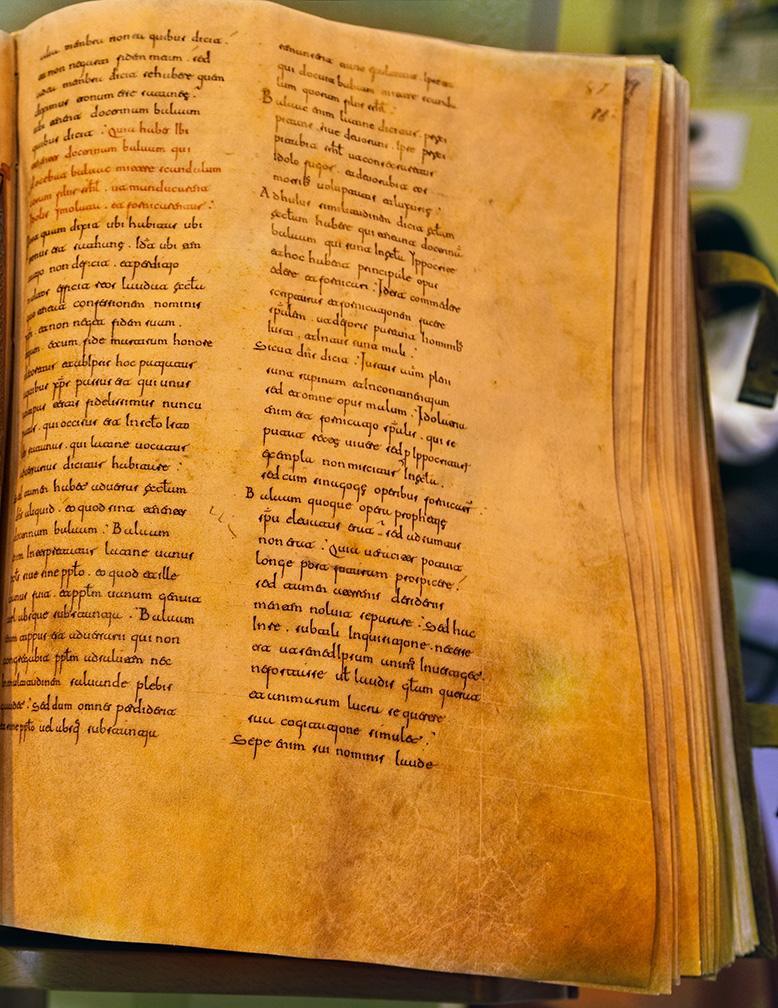
Additional Medieval and Early Modern Studies topics offered in 2025
ENGL3113 – Heroes, Monsters, and Vikings: Early Medieval Language and Literature
This topic will explore the earliest works of English literature in the wider context of the early medieval North Sea cultures.
From the 8th to the 11th centuries, England and Scandinavia were in constant contact driven by waves of immigration, raiding, trading and invasion.
Converted to Christianity, early medieval English authors produced some remarkable writing on Christian themes, but also looked back on the pagan past in Scandinavia in poems like Beowulf.
Students will read a wide variety of prose and poetry from the North Sea cultures in translation and will also be offered an introduction to runes, Latin and Old English language.
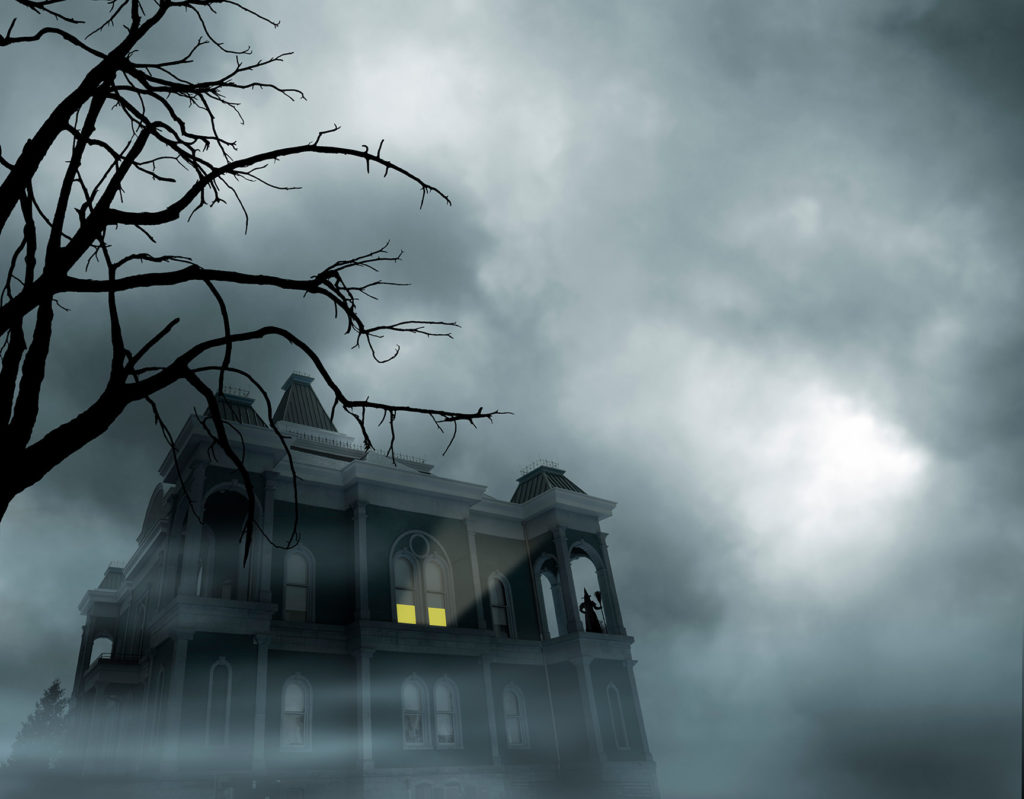
Create the degree of your dreams
The myth that there are no jobs in the arts has long been proven wrong, the opposite is in fact the case. The Bachelor of Arts opens up many opportunities and the beauty of this degree is the ability to tailor your degree to your interests.
You’re interested not only in Medieval and Early Modern Studies but also in Visual Arts and Women’s and Gender Studies? Go ahead, combine the three! Or throw a language into the mix. The decision is yours.

